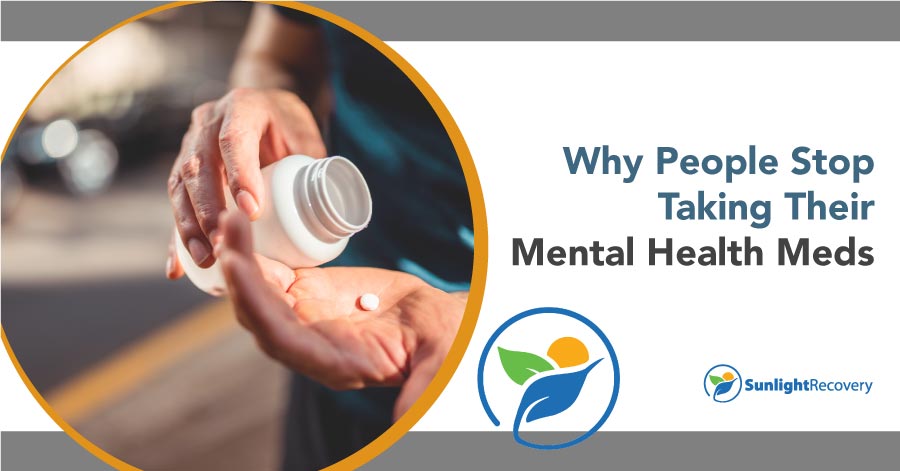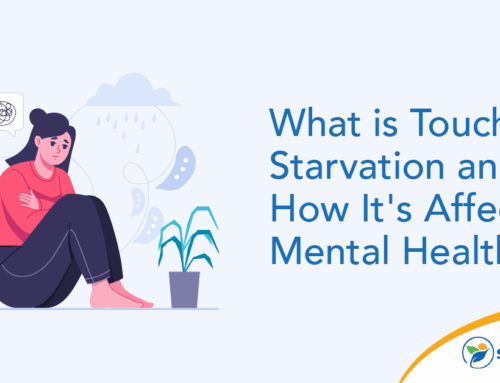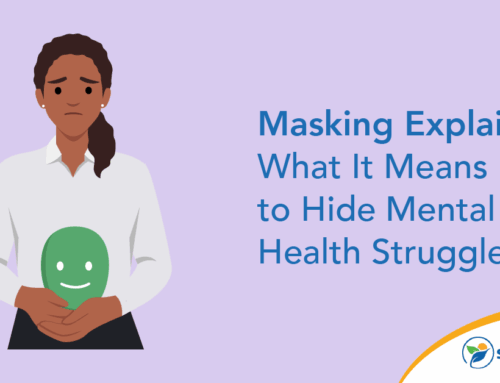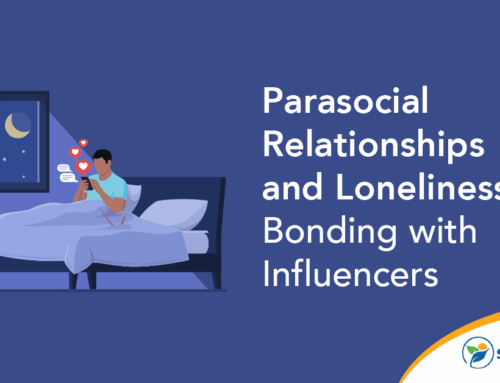The CDC reports that in 2019 15.8% of Americans had taken prescription medications for their mental health. Despite treatment for mental health conditions becoming increasingly common and accessible, many individuals still consciously decide to discontinue their medications despite their doctor’s recommendations. According to a 2017 systemic review, rates of partial adherence or nonadherence to prescription mental health medications in America are around 40% to 50%.
If your loved one has stopped taking their mental health medications against their doctor’s advice, it’s important to understand why and how you can help. There are ways to encourage loved ones to take the meds they need to feel their best, including identifying antidepressants that don’t cause weight gain or other negative effects and supporting their decision to treat their problem.
Prescription Guidance and Medication Efficacy
As with any medication, it’s important to strictly adhere to your physician’s prescription guidance to see the intended results. If your loved one stops taking their medication or skips doses at their own discretion, they are likely not reaping the medication’s benefits in treating their mental illness. Some mental health medications, such as SSRIs, take time to become effective, and stopping treatment too early due to a lack of results means never seeing the drug’s full benefits. Many SSRIs take anywhere from 2 to 4 weeks to work before individuals experience relief.
In some cases, stopping medications for mental health without a doctor’s supervision can lead to withdrawal symptoms, which can mimic the flu. Before discontinuing a mental health medicine, it is crucial for your loved one to visit their prescribing physician, as they may need to gradually reduce their dosage to avoid unpleasant withdrawal symptoms.
Reasons People Stop Taking Their Mental Health Medications
People stop taking their mental health medications suddenly for many reasons. However, these reasons are often irrational or not in the patient’s best interest. Here’s how you can empathize with your loved one’s decision and offer some solutions or alternatives to help them continue the treatment they need.
Weight Gain
One of the primary reasons patients may suddenly stop taking antidepressants is unwanted weight gain. This side effect and its prevalence varies by individual and type of medication. However, weight gain is one of the most prevalent side effects of mirtazapine, affecting 26% of patients taking the drug. Similarly, 16% to 19% of patients taking SSRIs may see weight gain as a side effect. Weight gain can damage the patient’s self-esteem and often results in discontinuing treatment despite continuing instances of anxiety and depression. In a European study of 7,525 patients, 56% of them stopped taking their antidepressants within 4 months due to weight gain. To limit Remeron weight gain, antidepressant.
Possible Solution: Ask Your Doctor About Antidepressants That Don’t Cause Weight Gain
If your loved one has stopped taking their antidepressant prescription, such as Lexapro or Remeron, because of weight gain, have them chat with their doctor about how to stop Lexapro weight gain or switch to weight-neutral antidepressants. A 2006 study found that the antidepressant duloxetine is more likely to cause weight loss in the short term rather than weight gain.
Social Stigma
Your loved one may feel judged by the public for their mental illness. Studies indicate that a feeling of self-stigma or awareness of social stigma surrounding mental illness is connected to a lack of adherence to taking medication for the condition.
Possible Solution: A Healthy Support System
To combat social stigma, it’s critical for people with mental illness to have a healthy support system in place. This can be a network of family members or friends that understand their disease, are accepting and encouraging regarding treatment and self-care and do not pass judgment.
Cost
Approximately 8% of Americans stop taking their mental health medications because they are unable to afford them. If someone in your life suddenly discontinues a necessary mental health medication with no obvious explanation, consider whether the drug’s cost is preventing them from getting treatment.
Possible Solution: Find Cost-Effective Alternatives or Financial Support
The National Alliance on Mental Illness (NAMI) offers several solutions to individuals struggling with their medication costs. Help your loved one find out if they have access to health insurance through work that may subsidize their drug cost. You can also encourage them to talk to their doctor about their financial position; the doctor may be able to offer free samples for a period or prescribe a more affordable generic version of a brand-name medication. They can also consider prescription assistance programs through Medicaid or nonprofit organizations.
Lack of Awareness of Their Illness
Some people with mental illness may experience anosognosia, which is a condition where their brain doesn’t recognize their mental illness. Since they’re unaware or in denial about their condition, your loved one may stop taking their medication because they genuinely believe it’s unnecessary. One of the most common reasons for not receiving mental health treatment is a lack of perception that treatment is necessary.
Possible Solution: Patient Education
Patient education is important to long-term adherence to a treatment plan. Explain the medication’s purpose in easy-to-understand terms and ensure they’re aware of symptoms that require treatment. Note the tangible benefits they can experience from taking the prescription.
Low Libido
Some SSRIs and antidepressants result in libido issues, causing individuals to stop treatment. If decreased libido is the reason your partner or spouse quit taking the medication, there are several things you can do to help.
Possible Solution: Switch Prescriptions or Schedule Time for Intimacy
Support is key. Don’t pressure them or make them feel guilty about a reduced sex drive. Instead, work together to find solutions, such as scheduling sexual intimacy at a time of day when side effects are least prevalent. You can also encourage them to talk to their doctor about switching to a prescription that is less likely to affect their libido.
Medication and Professional Support Are Available
Sunlight Recovery is here for you and your loved ones when you’re trying to find the right medication to relieve mental illness symptoms without unwanted side effects. Call us today at (888) 402-3647 to learn more about residential treatment programs, therapy programs and more.







